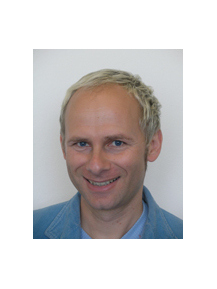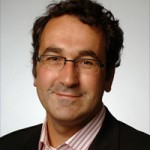 Science reported last week that Jens Förster, the former University of Amsterdam social psychologist embroiled in data fabrication controversy, may have stumbled in his defense by muddling the timeline of his disputed studies in public statements.
Science reported last week that Jens Förster, the former University of Amsterdam social psychologist embroiled in data fabrication controversy, may have stumbled in his defense by muddling the timeline of his disputed studies in public statements.
According to a piece by Frank van Kolfschooten (which is behind a paywall, and to which we linked in Saturday’s Weekend Reads):
The real challenge to Förster’s timeline may lie in e-mails between him and Pieter Verhoeven, his research assistant at UvA from September 2008 to June 2009, who made the correspondence available to Förster’s accuser. In it, the two discuss how to conduct what are evidently the same experiments Förster’s blog declares were completed much earlier in Bremen. For instance, among the stimuli used are three unintelligible audio recordings, which the 2011 paper says were described to the subjects as “Moldavian” poems. In an 18 May 2009 e-mail, Verhoeven comes up with the idea to describe the poem that way, rather than as Malaysian, because the reader of the poem has a German accent.
But in a yet another lengthy open letter to colleagues and friends, Förster insists that he conducted the studies in Germany before coming to the University of Amsterdam. And he hints darkly at the end that those seeking to cast doubt on his research may be doing so for personal gain: Continue reading Förster on defense again, this time weighing in on timeline controversy




 An expression of concern has been issued for the second of three papers on the idea that, if you have three positive emotions for every negative one, you will be more successful in life.
An expression of concern has been issued for the second of three papers on the idea that, if you have three positive emotions for every negative one, you will be more successful in life.


